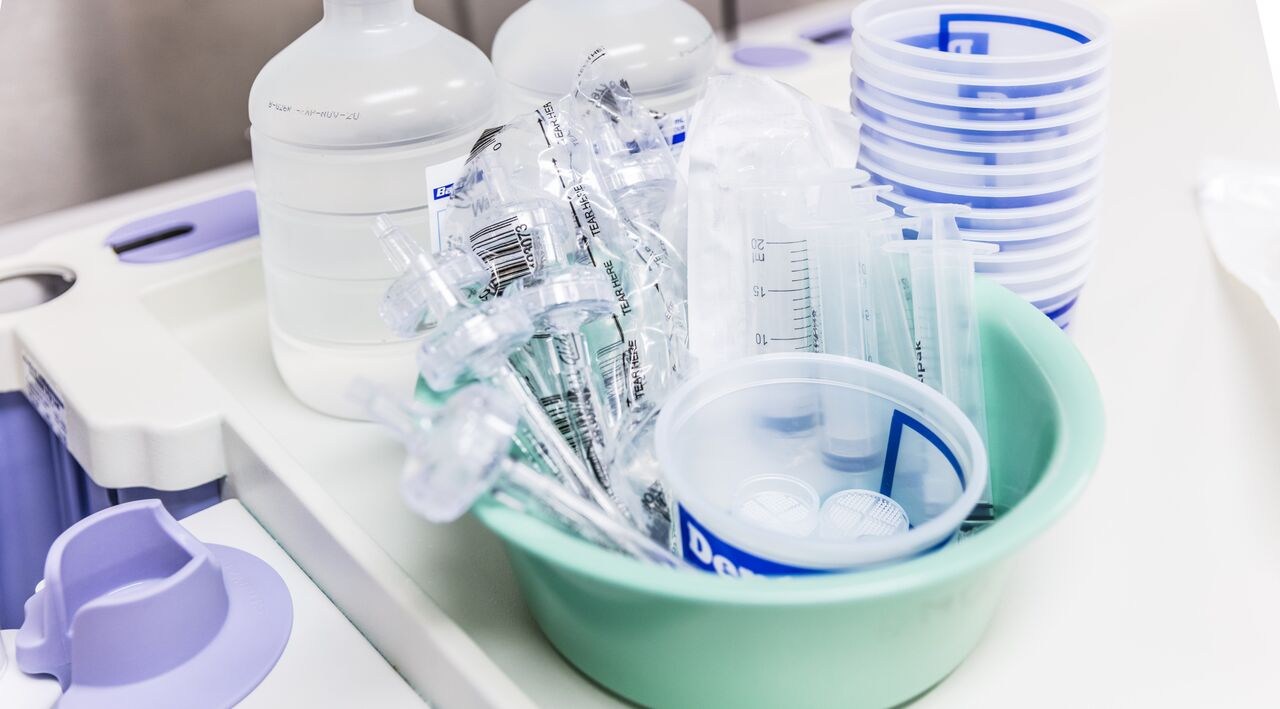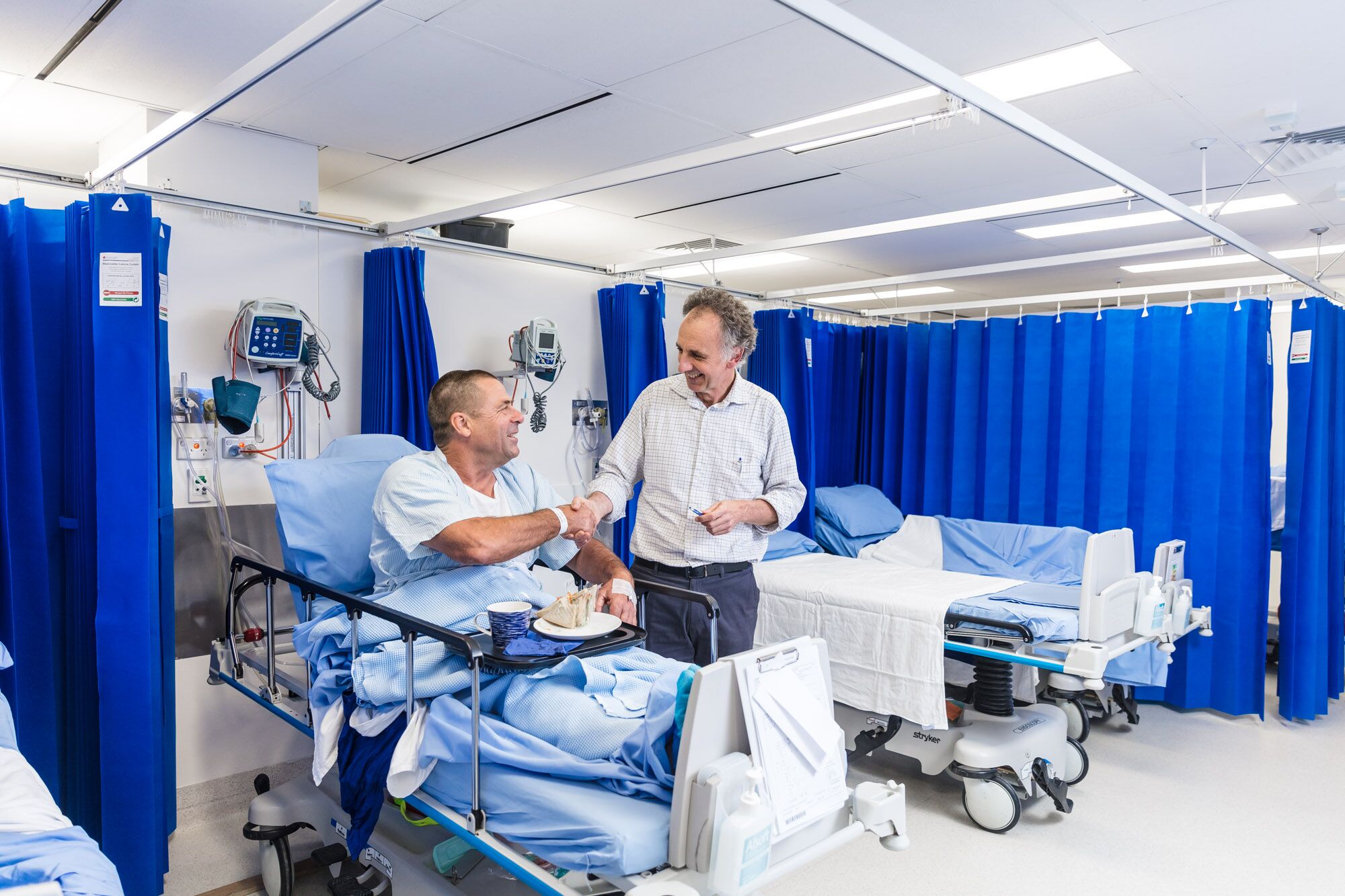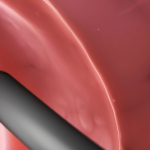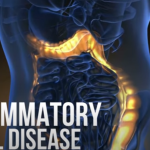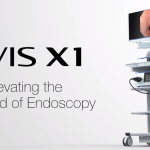Irritable Bowel Syndrome Treatment Near Sydney
Irritable bowel syndrome is a chronic condition with fluctuating symptoms including diarrhoea, constipation, cramping abdominal pain, mucous production, abnormal consistency of stools, bloating, tiredness, weakness and difficulty concentrating
Irritable bowel syndrome is also known as spastic colon. It affects 1 in 7 women and 1 in 10 men. It is a chronic condition with fluctuating symptoms.
Common symptoms include:
- Diarrhoea
- Constipation
- Cramping abdominal pain
- Mucous production
- Abnormal consistency of stools
- Bloating
- Tiredness
- Weakness
- Difficulty concentrating
- Often associated with symptoms of dyspepsia
If these symptoms occur, further investigations are usually required. There is no specific test to diagnosis IBS. To make a diagnosis of IBS your doctor should:
- Take a history
- Examine you
- Arrange routine and some specific blood tests
It is very important to exclude other gastrointestinal diseases which have completely different therapies.
Usually other investigations such as the following are required:
- Stool cultures
- Gastroscopy with small bowel biopsy
- Colonscopy with biopsy and examination of the end of the small bowel (terminal ileum).
Other diseases that can mimic IBS include:
- Ulcerative colitis and Crohn’s disease
- Lactose intolerance
- Chronic parasitic infections
- Microscopic colitis
- Gastric and duodenal ulcers
At the end of the above investigations you and your doctor should be confident of the diagnosis of IBS. There are many forms of treatment for IBS but there is no specific cure. Treatment is directed at:
- Education about the cause of symptoms
- Removing as much as possible
- The precipitating factors
- Treating specific symptoms
In almost all people this approach leads to a significant improvement in quality of life.
